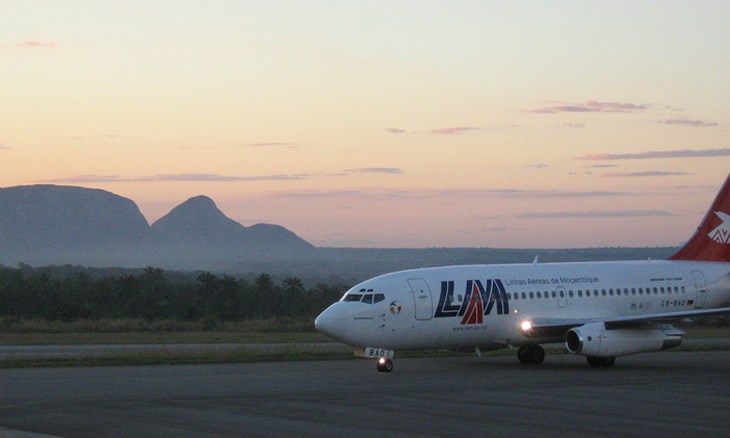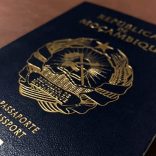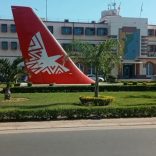Mozambique to renew tourism sector agreements with neighbouring countries
LAM is ‘in a tight spot’ regarding fuel – Mozambique

File photo: Portal Moz News
LAM – Linhas Aéreas de Moçambique, the national flag-carrier – is cancelling flights for lack of fuel, but denies that it is for lack of payment, but rather ‘lack of supplier confidence’, an economist says.
The Nampula-Tete-Johannesburg route is the most affected. Pemba airport in the north is also at risk.
Several national and international media outlets say that oil company BP cut off fuel supplies because LAM was failing to pay a three-million-dollar debt, but the Mozambican airline denied this in a statement on Tuesday, saying it was buying fuel from Puma Energy on a pre-paid basis.
LAM does however confirm difficulties in fuel supply. DW talked about the new fuel crisis in with economist Muzila Nhansal.
DW Africa: Given the high number of reported cases of poor service provided by LAM, is it not the case that a restructuring and revitalisation of the company is necessary?
Muzila Nhansal (MN): LAM should have been intervened in a long time ago. The problem here is steadily increasing losses – it’s a management problem over the years. Not only because of the company itself, but also because of legislation within the aviation industry. A lot of people think that LAM, with these high fares, gets all the money: that the company is a monopoly and should be able to get round this problem. We have legislation that concerns the rates, on airports, services and so on, and everything ends up included in the ticket.

But these are not paid for in the national currency: the costs are paid in US dollars. So over the years that they had to manage within an economic scenario where currency risk was reduced compared to the last two or three years. If you see LAM having serious and major problems now, it is exactly because of that. And there are regulations. It is not by chance that the fares in Mozambique are very high: these are set by the legal environment, and that’s sure to create a problem. LAM has other problems, too, and those are its management, the fleet it has and the excessive number of workers it has.
DW Africa: But do you think the government is really taking serious steps to restructure and revitalise this company?
MN: Any measures taken about LAM must be taken within the legal framework, otherwise they will not work. The aviation industry has to be restructured. What is happening with LAM now has happened to many other African companies. So the problems in this industry are very big. When one hesitates to make decisions at the right time, one ends up where we are now, with basic management problems where the main means of production, in this case fuel, cannot be bought.
And this situation is not new. LAM had the same problems a short while ago. I myself was affected: I had to leave my luggage in Maputo to be able to travel to my destination, because the plane had to carry extra fuel because it could not refuel at another airport because LAM owed the [supplier] company money. These situations are painful, but it is a management problem that has been getting worse over the decades and I don’t know if there is an easy solution.

DW Africa: LAM has issued a statement saying it does not owe BP US$3 million but confirming that it faces problems with fuel supply. LAM says it is buying fuel from Puma Energy on a pre-paid basis. Is this prepayment condition possibly due to a lack of confidence in LAM?
MN: It is natural for any commercial entity, when they’re thinking of selling to someone or signing a sales contract, to run a check on the future client. A risk assessment is done in relation to meeting payment deadlines. So in this case, Puma, as this business is practically a monopoly, check LAM’s record with BP. That is why it has specified this form of payment. This is the corollary – it’s almost like a trade policy. And, let’s be honest, in this fuel issue, LAM is in a tight spot.












Leave a Reply
Be the First to Comment!
You must be logged in to post a comment.
You must be logged in to post a comment.